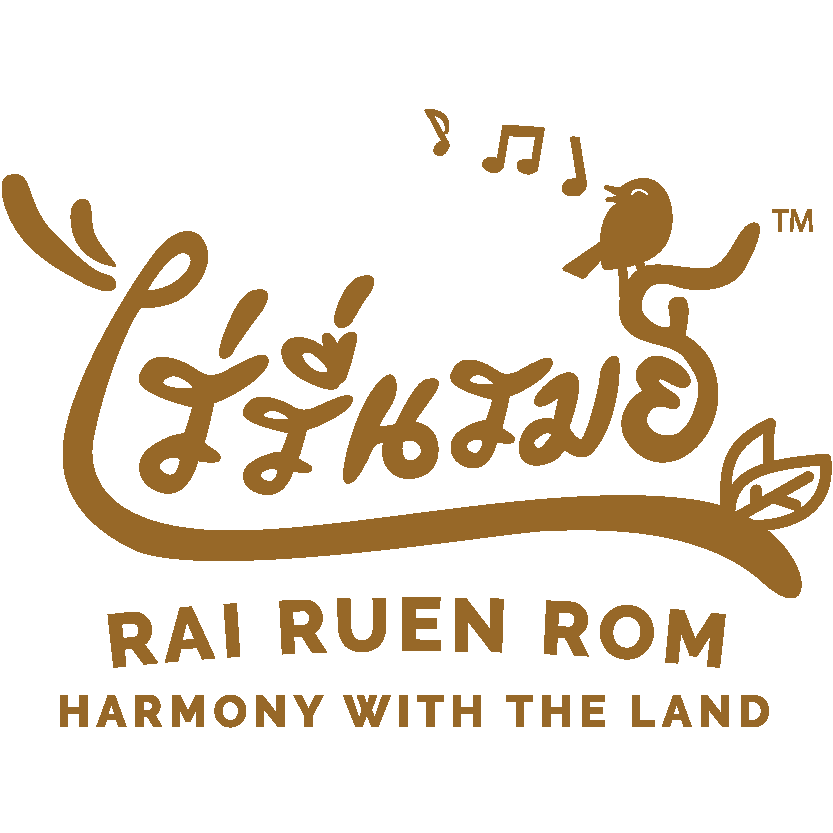Farm with community
We are proud to be passionately community-focused. Both young and old come from the nearby villages. We employ them with the ethics of integrity, honesty, sustainability and equality. And we invest deeply in each of their individual lives. We teach them useful skills in the areas of integrated farming. We pay them fair wages, and treat them with respect. We offer them ongoing counsel & consulting in the areas of personal finances, savings, family planning, entrepreneurship, organic farming, sustainable lifestyle, and many other practical skills. We want them to flourish in every way.
Center For a Sustainable Life Together
‘Our Heart is Sustainably Growing Together’
“Development of the country must proceed in stages. First of all, there must be a foundation with the majority of the people having enough to live on by using methods and equipment which are economical but technically correct as well. When such a secure foundation is adequately ready and operational, then it can be gradually expanded and developed to raise prosperity and the economic standard to a higher level by stages.” - King Bhumipol Adulyadej, speech given in 1974 at Kasetsart University.
We have been inspired a hundred times over by our beloved king. We owe our existence, and our principles, to his wisdom and kindness. Because of him, we are who we are.
We are proud to be passionately community-focused. Both young and old come from the nearby villages. We employ them with the ethics of integrity, honesty, sustainability and equality. And we invest deeply in each of their individual lives. We teach them useful skills in the areas of integrated farming. We pay them fair wages, and treat them with respect. We offer them ongoing counsel & consulting in the areas of personal finances, savings, family planning, entrepreneurship, organic farming, sustainable lifestyle, and many other practical skills. We want them to flourish in every way.
Our team of locally trained cooks make amazing natural foods. Our restaurant is becoming well-known in Northern Thailand for its consistent quality, fresh feel, and delightful tastes. For each dish we serve, the ingredients are primarily grown and handpicked from our own farm, or direct from the village. If you so wish, you can come participate in the growing and harvesting process with us. You’ll pick up a few handy agricultural skills that you can take home, and put into practice back in your home country.
Our Charming Village:
Fast Facts & Demographics
Ban Non Sombun Village
District of Thoeng
Province of Chiang Rai
Age of Village. Ban Non Sumbun was established in 1957, around 60 years ago.
Families in Village. There are roughly 100 families, and 95 houses.
Ethnic Origins. A majority of the villagers are from the Northeastern (Isaan) province.
Main Dialects. Inside the village and inside households, the Isaan (Northeastern) dialect is spoken. It is linguistically related to the Lao language. Outside the village, the locals speak the Northern and Central dialects of Thai.
Village Climate. This is a tropical area, with summers much rainier than winters. The average temperature is 24.8 °C, while the annual rainfail is around 160.8cm (1.6m).
Reason for Their Migration. Isaan experiences frequent drought, floods, and extreme temperatures. Food becomes scarce, and the overall quality of life can be low. For these reason, agriculture becomes difficult. Nearly all the families fled from these conditions in exchange for a more fruitful, hospitable home (I.e., Chiang Rai).
An Abundant Settlement. The land here is abundant. In the low area, there is a flowing river. On the higher hills, there is a rich forest. These were the main criteria for the immigrants when they chose this village.
The Village Head. The head of the village is in his mid-fifties. He’s involved in local decion-making, village management and various leadership capacities.
Main Occupations. The villagers’ main jobs are as rice farmers and longan farmers. For additional income, they have secondary jobs. They work as part-time electricians, construction workers, and hired hands.
High Levels of Debt. The village families are heavily in debt. To plant crops, they borrow funds for seeds, fertilizers, and equipment. They send their children to university and amass student loan debt. And others take out loans on trucks with high interest rates.
Far From Home. Around 30% of the youth go to Bangkok, Pattaya or Phuket for labor-related jobs. Another 10% of young men and women travel abroad for work - Taiwan, South Korea, and other Asian countries. Around 2-3% of the youth have foreign partners.
Generational Differences. The older generations had up to 10 children. The newer children have usually no more than 2 children.
Local and Equitable Employment. More than 30 people from the village are working with us at Rai Ruen Rom. We train them, give them fair wages, and teach them how to practice integrated farming. This enables them to stay closer to home, and take care of their families and farms.
The Emergence of Organic Farming. RRR has helped to train villagers in integrated farming, and organic principles of agriculture. We hope they will utilize them for the long-term welfare and sustainability of their village.
Families Participating. 10 families initially began following our ethics of organic farming. Many of them, however, stopped. It’s difficult work and takes up to 2-3 years of consistent work to reach a level of sustainability.
